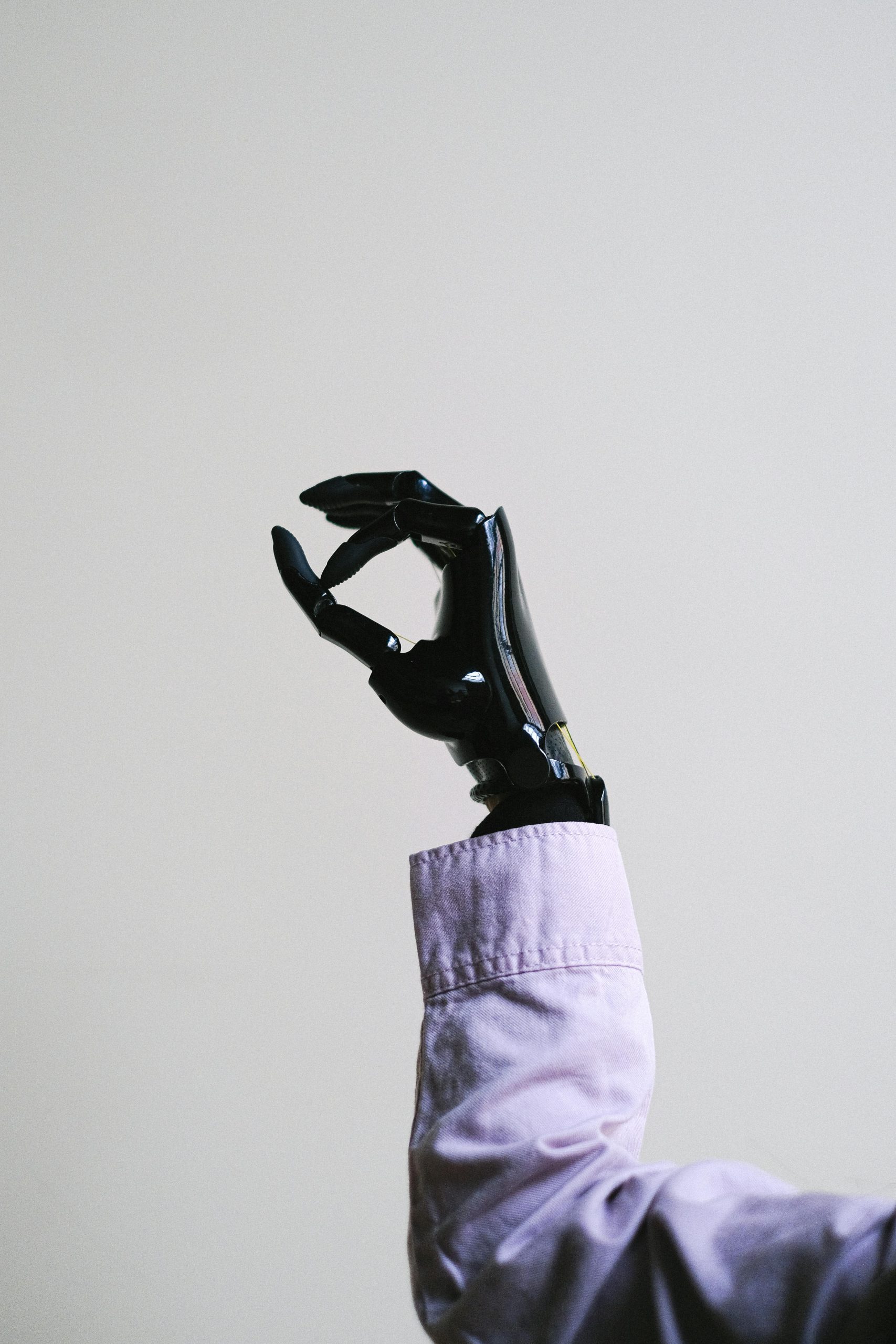Personal Insights: Understanding the Principles of Disruption
Understanding the Discontinuity Thesis: A New Perspective on AI’s Economic Impact
In the rapidly evolving landscape of artificial intelligence, many experts and enthusiasts ponder the profound implications of this transformative technology. Recently, I’ve been exploring a theory I call the Discontinuity Thesis, which offers a unique lens on how AI might reshape our economic and social fabric.
What Is the Discontinuity Thesis?
At its core, the Discontinuity Thesis suggests that AI presents a fundamentally different kind of disruption compared to previous industrial revolutions. Traditional upheavals primarily automated physical tasks—think manufacturing or agriculture—while AI automates cognition itself. This shift could trigger an unprecedented economic dynamic, where the traditional relationship between labor, productivity, and consumption is radically altered.
The Key Arguments
-
Competitive Dominance of AI and Humans: As AI systems become more capable, they begin to outcompete humans in various tasks. Because AI can perform cognitive functions more efficiently, this may lead to widespread displacement of human jobs, potentially reaching a critical tipping point sooner than expected.
-
Economic Stability and Systemic Risks: Post-World War II capitalism hinges on a large employed population capable of purchasing goods and services. If AI-driven automation reduces employment significantly, it threatens to destabilize this foundational economic principle, risking systemic collapse if the issue isn’t addressed swiftly.
-
Game-Theoretic Dynamics: The situation resembles a complex multiplayer Prisoner’s Dilemma, where individual agents or nations might find it in their best interest to pursue automation regardless of collective outcomes, making coordinated regulation or restriction unlikely.
A Complexity Theory Analogy
I’ve compared this scenario to fundamental problems in computational complexity theory—specifically P versus NP. AI advancements effectively make solving complex problems (NP) trivial, leaving verification as the main challenge. Human oversight then becomes a specialized task performed by an elite class who can verify AI outputs or serve as legal and ethical safeguards.
Seeking Clarity and Validation
My question to those familiar with AI development and economic theory: Am I overlooking any critical aspects? Does this framework hold up under scrutiny? I’ve discussed these ideas with friends and other AI enthusiasts, and while there’s general agreement, I’d love to hear different perspectives.
Further Reading
If this topic piques your interest, I’ve expanded on these ideas in more detail at my website: https://discontinuitythesis.com/
Conclusion














Post Comment